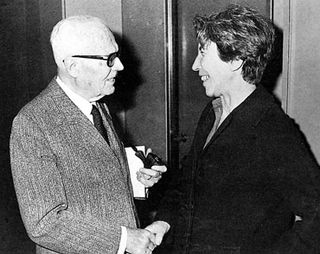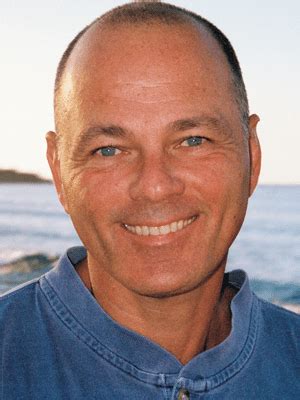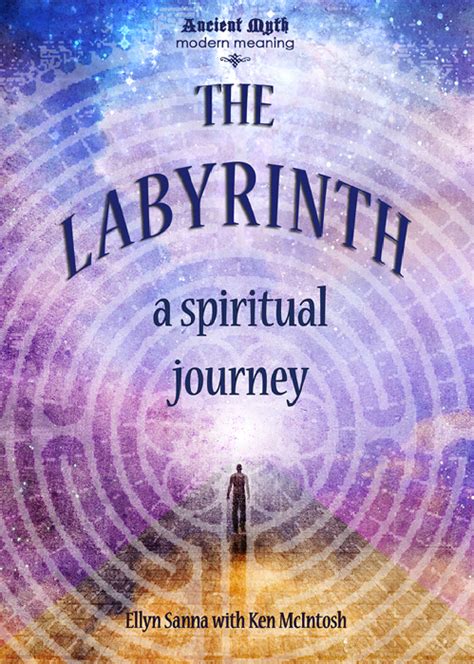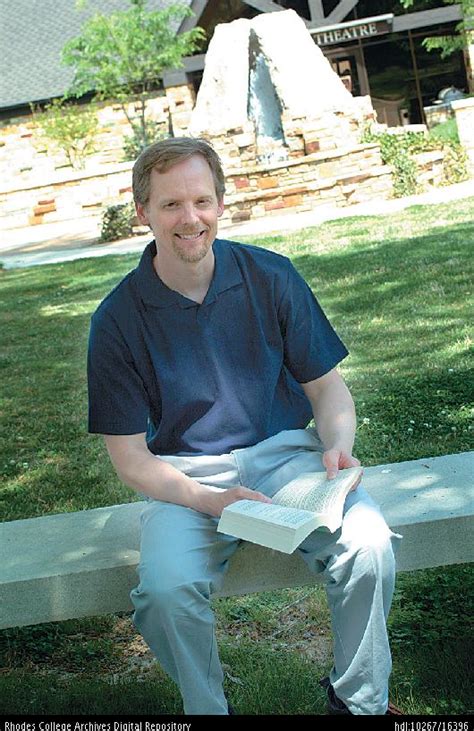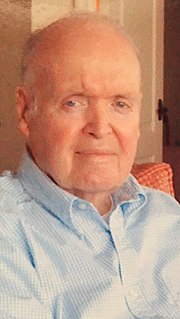A Quote by Bryant H. McGill
The greatest joys in life are found not only in what we do and feel, but also in our quiet hopes and labors for others.
Related Quotes
The greatest joys and the greatest sorrows we experience are in family relationships. The joys come from putting the welfare of others above our own. That is what love is. And the sorrow comes primarily from selfishness, which is the absence of love. The ideal God holds for us is to form families in the way most likely to lead to happiness and away from sorrow.
Think back to the most important experiences of your life, the highest highs, the greatest victories, the most daunting obstacles overcome. How many happened to you alone? I bet there are very few. When you understand that being connected to others is one of life's greatest joys, you realize that life's best comes when you initiate and invest in solid relationships.
When we work so hard at our preparations for Christmas, we often feel cheated and frustrated when others fail to notice the results of our efforts. We need to ask ourselves why we are doing the things we choose to do. If love motivates us-love for our families, for our neighbors - then we are free to simply enjoy the actual process of what we do, rather than requiring the approval and admiration of others for the results of our labors.
We also write to heighten our own awareness of life... We write to taste life twice, in the moment, and in retrospection... We write to be able to transcend our life, to reach beyond it...to teach ourselves to speak with others, to record the journey into the labyrinth. We write to expand our world when we feel strangled, or constricted, or lonely... When I don't write, I feel my world shrinking... I feel I lose my fire and my color.
The life of hope, then, is shot through with social influences at every level. We learn to formulate ideals in tandem with others. We pursue particular hopes, sometimes succeeding and sometimes failing, in the company of those we love. And as we develop habits of hope and the hopefulness which helps us weather our trials, we reach out to others, inspiring them, sharing our own hopes with them, and contributing our abilities as best we can to foster the growth of agency.
I have found that the greatest degree of inner tranquility comes from the development of love and compassion. The more we care for the happiness of others, the greater is our own sense of well-being. Cultivating a close, warmhearted feeling for others automatically puts the mind at ease. It is the ultimate source of success in life.
There is a silence that matches our best possibilities when we have learned to listen to others. We can master the art of being quiet in order to be able to hear clearly what others are saying. . . . We need to cut off the garbled static of our own preoccupations to give to people who want our quiet attention.


